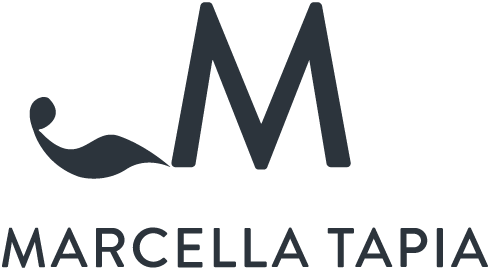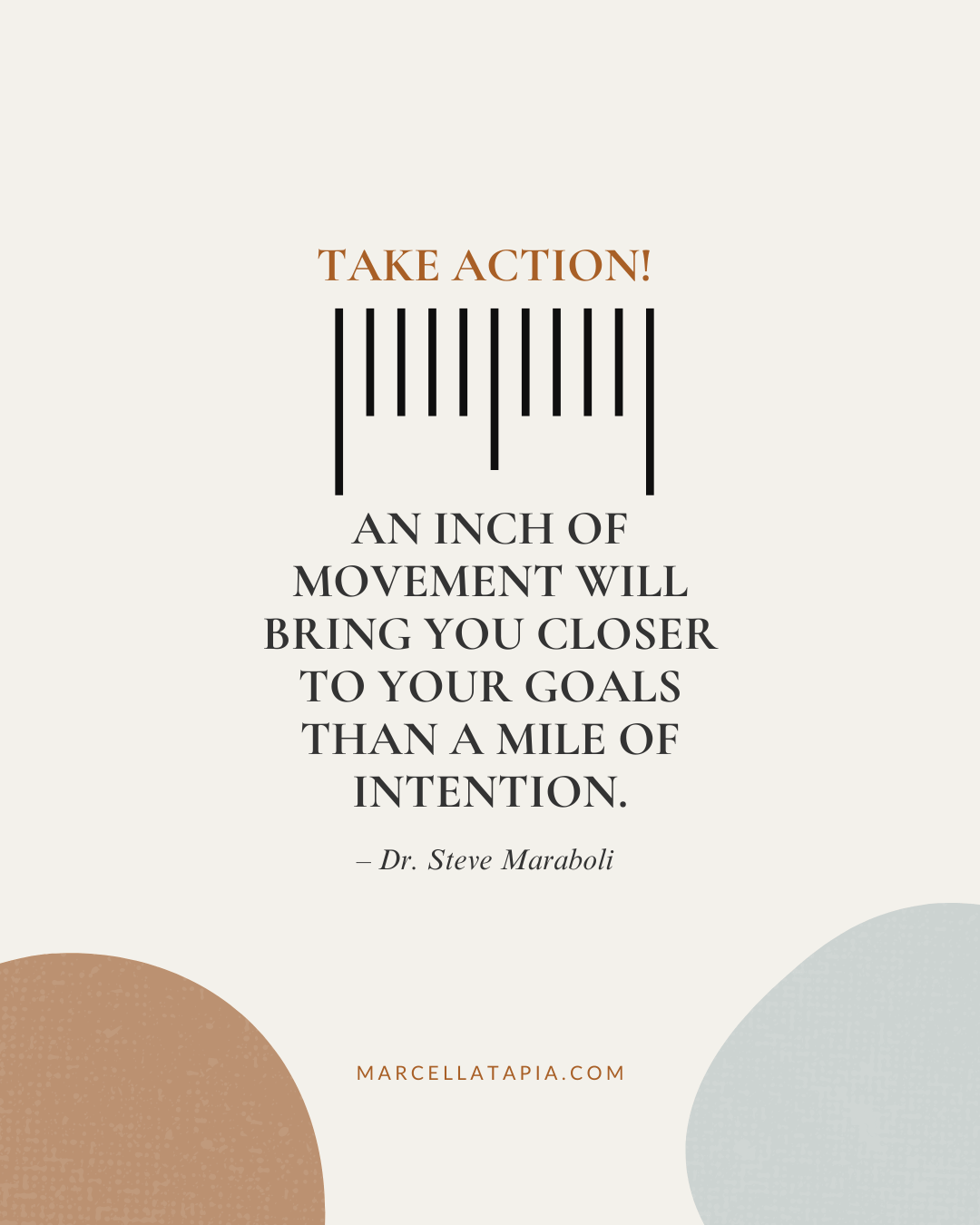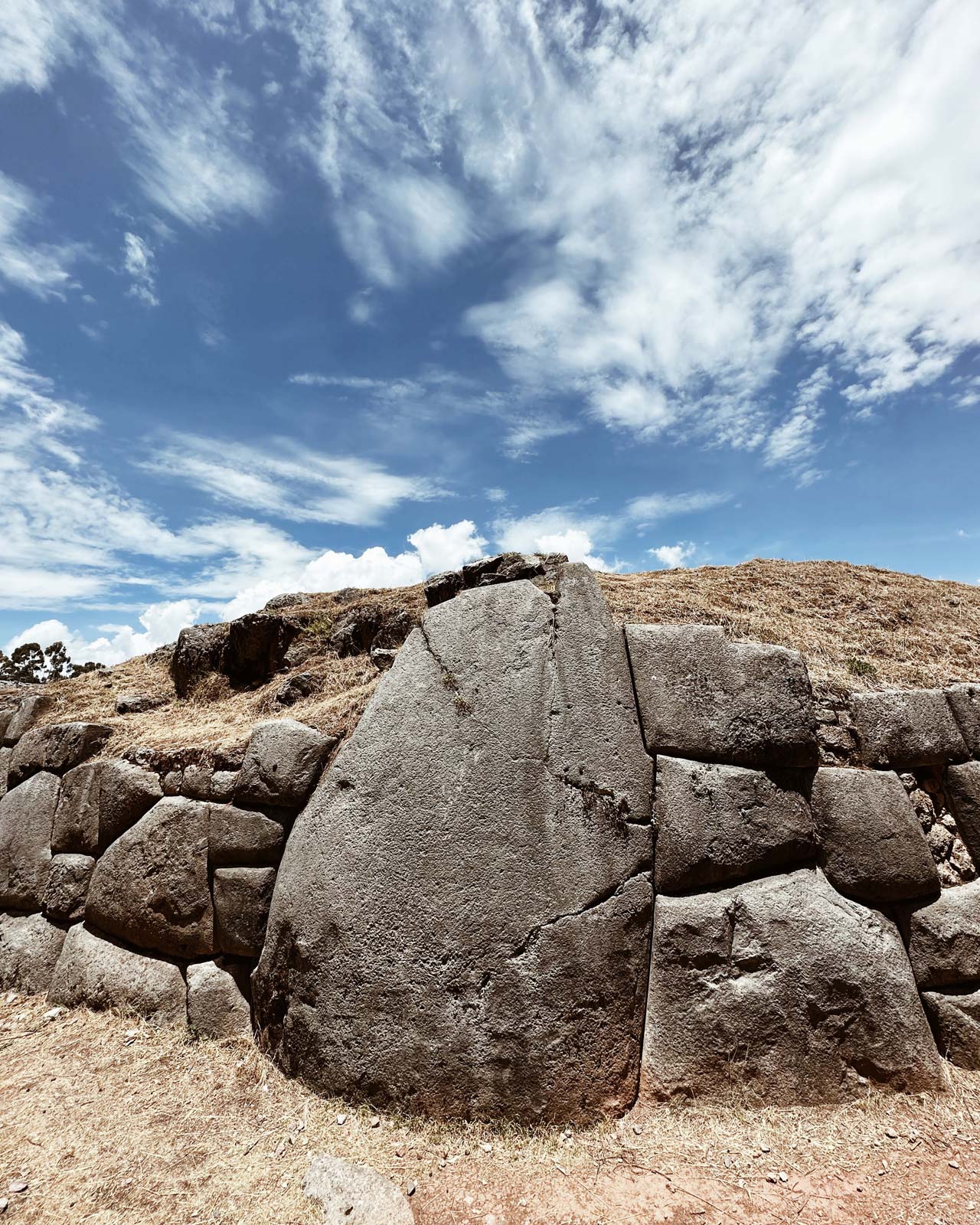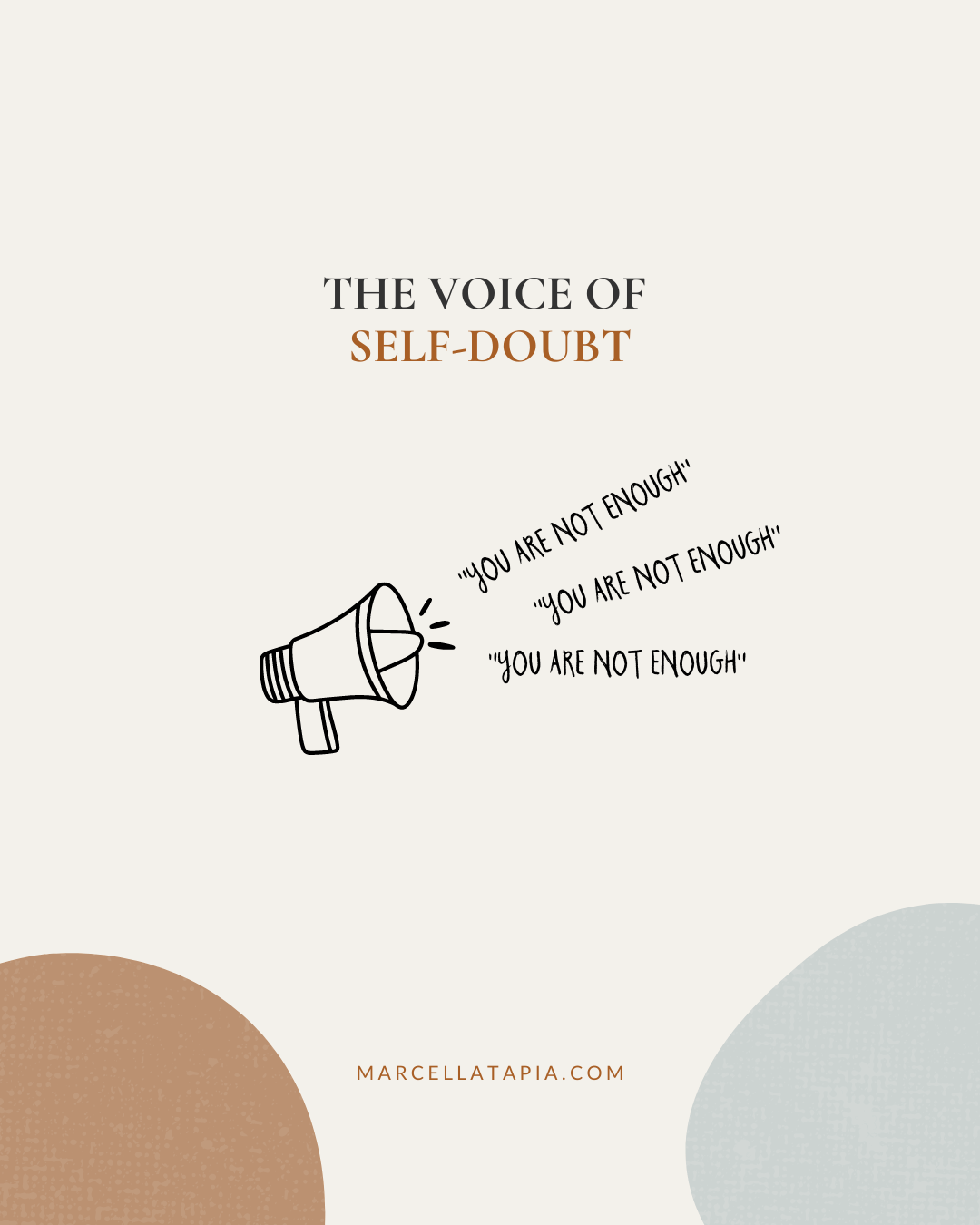“The most fundamental aggression to ourselves, the most fundamental harm we can do to ourselves, is to remain ignorant by not having the courage and the respect to look at ourselves honestly and gently.”
PEMA CHÖDRÖN
The first step to being able to change something is having awareness of what’s going on. We all have our blind spots, which prevent us from seeing clearly. They cloud our judgment and decision-making, and often we are afraid to acknowledge them. They blur our vision and prevent us from growing. But as we become more self-aware, our blind spots become more and more visible, and we start to understand ourselves and others better. “Research suggests that when we see ourselves clearly, we are more confident and more creative. We make sounder decisions, build stronger relationships, and communicate more effectively.” (Harvard Business Review)
But what is self-awareness? Dr. Tarah Eurich, an organizational psychologist, defines it as “the will and the skill to understand yourself and how others see you.” According to her, there are seven types of insights people with a high level of self-awareness have: They are clear about their values, which guide how they want to live their lives. Self-aware people know what makes them thrive and what they really love to do (passions). They know their aspirations and goals, hence what they want to achieve and experience. Self-aware people are conscious of the kind of environment they require to be happy and engaged. They have a deep understanding of their patterns (consistent ways of thinking, feeling, and behaving) as well as reactions triggered by their thoughts, feelings, and behaviors. They are also aware of the impact and effect they have on others.
Self-awareness should be seen as a verb, not a noun, as becoming more self-aware is a life-long process. Fortunately, self-awareness is learnable, and there are many ways to increase this valuable skill. One of them is through coaching. The whole process of coaching is based on creating a safe and trusting environment. Through artful questions, observations, and feedback, the coach helps to recognize new awareness. Alternative perspectives and choices can suddenly be seen. At the moment a client becomes aware, there’s often a rapid shift of energy towards motion, learning, and identifying new opportunities. This newfound awareness is the door to growth and to improving our lives and businesses. Therefore, as Pema Chödrön says, we can do ourselves (and others) a huge favor by “having the courage and the respect to look at ourselves honestly and gently.”



